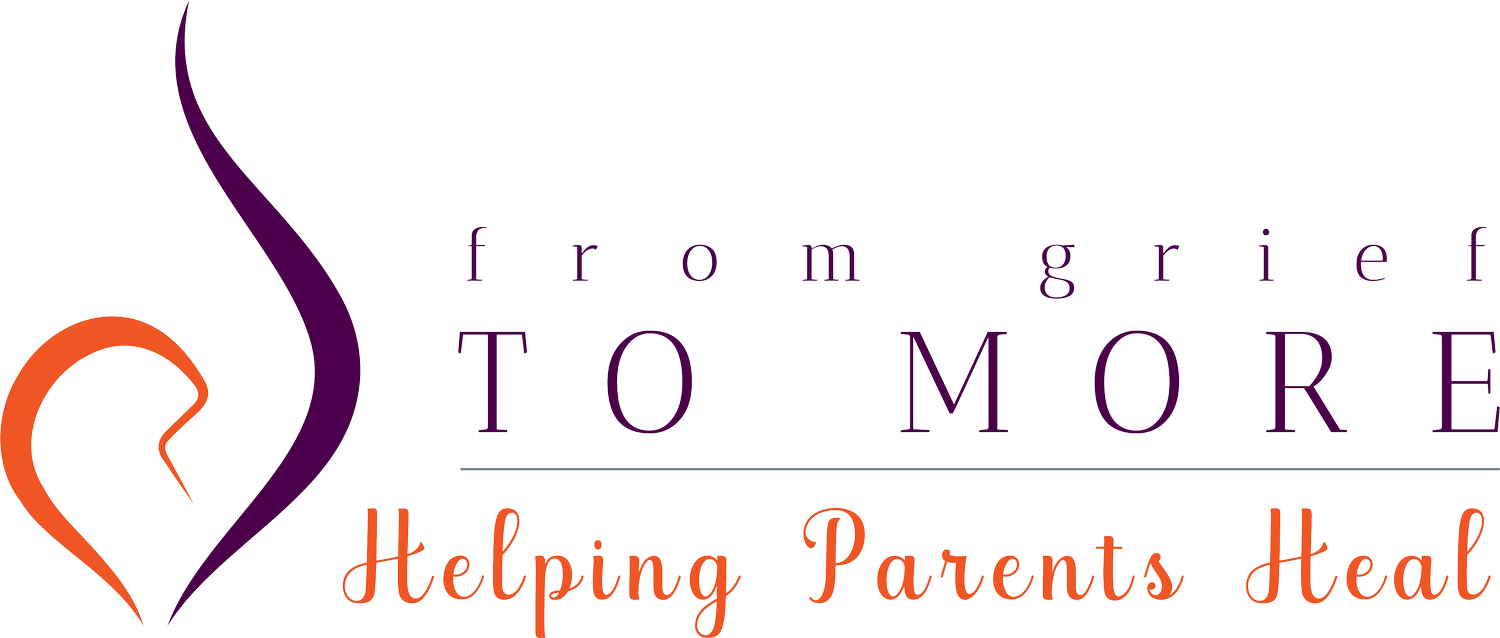-

Books
I haven’t read all of these, but I have read many of them. I’m a reader. If you’re a reader, here are some suggestions!
Bereaved Parent, Harriet Schiff: Step-by-step suggestions to help parents cope with the cycle of their grief, written by a bereaved parent
The Fall of a Sparrow, Kent Koppleman: Story of how a father searched for and found meaning after the death of his son
Goodbye My Child, Wheeler and Pike: Comforting book for parents anticipating or experiencing the death of a child
Healing a Parent’s Grieving Heart: 100 Practical Ideas after Your Child Dies, Alan Wolfelt: Ideas to help grieving parents understand and reconcile their grief
How to Survive the Loss of a Child, Catherine Sanders: This bereaved parent and psychologist guides other parents to rebuild their lives
I’ll Love You Forever, Anyway, P. Lindstrom: Personal account of loss of a 27-year-old son
Meditations for Bereaved Parents, Judy Osgood: 35 bereaved parents shared their feelings, insights, and hopes
Recovery from the Loss of a Child, Katherine Donnelly: Reassuring book with accounts of various surviving parents
Tear Soup, Schwiebert and DeKlyen: A story for adults and children about the healing journey through grief
Understanding Your Grief, Alan Wolfelt: Ten essential touchstones for finding hope and healing your heart -

Websites
Online Resources Parents and Grievers
Alive Alone is a charitable and educational organization. Their purpose is to benefit bereaved parents whose only child or all children are deceased by providing a self-help network and publications to promote communication and healing.
Baby Steps is named after the baby steps that form the long and difficult road to recovery from the loss of a child. This website contains resources for parents, siblings and other family members. It also includes on-line sharing for kids and adults.
Bereaved Parents offers information and support to anyone who has lost a child. Included are highlights from newsletters published by affiliates, as well as a monthly column. A Bereavement self-help resources guide is also included that indexes resources along with hundreds of listings for other resources and information.
The Compassionate Friends is a national nonprofit self-help support organization that offers friendship and understanding to bereaved parents, grandparents, and siblings. Locate a chapter near you or use the on-line chat room.
Mothers in Sympathy and Support is a nonprofit, volunteer-based organization committed to providing emergency support to parents after the death of their baby or child. The site includes on-line forums.
Parents of Murdered Children, Inc. provides the ongoing emotional support needed to help parents and other survivors facilitate the reconstruction. -

Self Care
It’s easy to let yourself go when you’re in the depths of grief. Here are some ideas of how you can care for yourself.
Feed yourself
Eat at least 3 times a day. We need to fuel our bodies and brains so they work to their full potential. Even if they’re not the healthiest meals – keep working on it! Care enough to nourish yourself.Breathe
Taking a few minutes at different times throughout the day to focus on taking a few deep breaths can help to reset your system and get the oxygen flowing again. Breathe in slowly while counting to ten, then exhale slowly to the count of ten. Do this three or four times. Feel your body relax and your system recharge.Water Yourself
Did you know that water makes up 55-60% of our bodies? Cool, right? But this water is easy to lose through stress, activity, or just being. Our brains and bodies function better when we stay hydrated throughout the day so stop at that water fountain or fill up that bottle!Connect
Thanks to technology, connection is literally right at our fingertips. Take a moment to call, text, Snap, etc. someone important to you. Let them know you are thinking about them, . or that you need some support. Set up a visit with a friend, share a meal, or take a walk together and enjoy one another’s company. Humans are built for connection with others (even our furry 4-legged friends) and it can be too easy to isolate ourselves during stressful times.Journal
Grief journaling is one way of allowing ourselves the space for genuine healing to take place, whether we’re ready and willing to express ourselves to others or not. Due to the copious amount of research suggesting that grief journaling after a significant loss has therapeutic value, journaling is one of my favorites. Click here to find tips and prompts that can help you get in touch with what’s showing up for you, what’s keeping you stuck, and/or what’s begging to be shared so you can mindfully be present for your healing.
